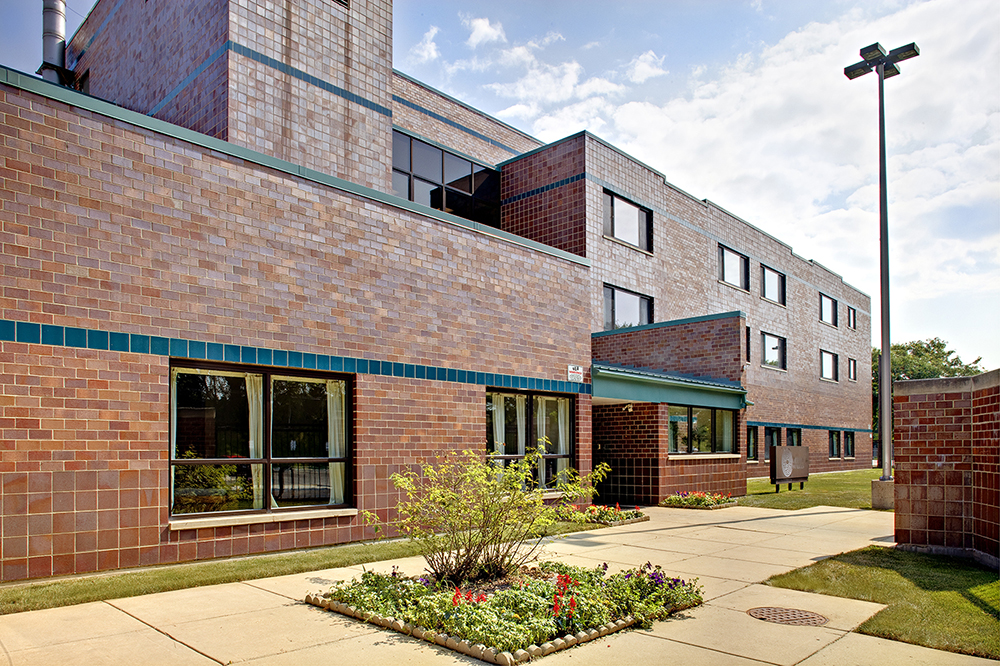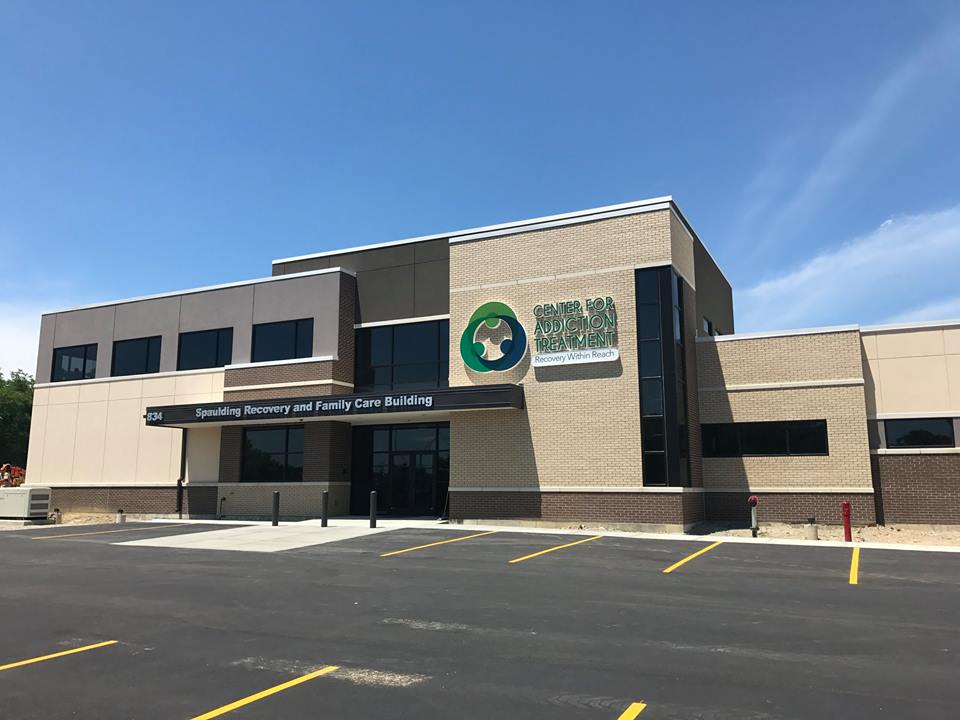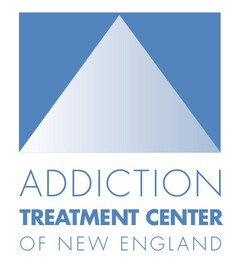Unveiling the Relevance of Family Members Support in the Alternative Addiction Therapy Approach
Family characteristics play an essential duty in forming an individual's journey with addiction and subsequent rehabilitation. The value of family assistance transcends mere psychological backing; it prolongs to developing a conducive environment that cultivates sustainable and durable recovery.
The Duty of Family Dynamics
Family members characteristics play an essential duty in forming the results of people undergoing alternative dependency treatment. The household unit is typically the key source of support, influence, and potential stress and anxiety for people battling with dependency. By involving household members in the treatment procedure, specialists can attend to underlying concerns, improve interaction, and reinforce connections, all of which are critical for long-term recuperation.

Moreover, entailing family participants in treatment sessions can improve the individual's support group, providing them with a network of support and accountability beyond formal treatment setups. By resolving family members characteristics within the context of holistic dependency therapy, specialists can create an extra reliable and detailed approach to sustaining people on their trip to recuperation.
Enhancing Healing End Results
By incorporating different healing methods and personalized therapy plans, alternative dependency treatment programs aim to maximize end results for people looking for recovery. Enhancing restorative end results involves a multifaceted approach that attends to the physical, emotional, and psychological aspects of addiction. One crucial element in accomplishing effective results is the incorporation of evidence-based methods such as cognitive-behavioral treatment, motivational speaking with, and mindfulness methods. These modalities aid individuals develop dealing methods, boost self-awareness, and promote behavioral change.

In addition to individualized therapy, group therapy and support sessions play an essential function in improving restorative end results. These group setups give people with a sense of encouragement, community, and accountability, promoting an encouraging atmosphere vital for lasting healing. Addiction Treatment Center. By integrating these different approaches, all natural dependency treatment programs can dramatically boost the total wellness and recuperation trip of individuals battling with addiction
Structure a Supportive Ecosystem
In the alternative technique to dependency treatment, developing an encouraging ecological community is basic for maintaining positive healing outcomes. A helpful ecosystem incorporates a network of people, resources, and environments that promote recuperation and well-being. Central to this ecosystem is the family, as familial relationships play a critical duty in a person's journey towards sobriety. Past the family members, an alternative dependency therapy approach recognizes the importance of broader neighborhood support. This consists of involving with support teams, psychological health experts, and other people who can give support and advice throughout the healing procedure.
Incorporating all natural practices such as mindfulness strategies, workout regimens, and nutritional support can further improve the general well-being of the individual and contribute to a lasting recuperation trip. By nurturing a supportive ecosystem that deals with numerous aspects of a person's life, all natural addiction treatment can successfully help with long-term recovery and equip people to lead meeting, substance-free lives.
Addressing Underlying Household Concerns
Family therapy sessions can aid recognize and fix disputes, improve communication, and restore trust fund amongst household members. By including the household in the treatment process, it enables for a much more thorough understanding of the person's struggles and gives a platform for collective healing.
In addition, discovering the origin of disorder within the family can unearth patterns of actions that might have added to the advancement of addiction. By resolving these underlying issues, family members can collaborate to produce much healthier characteristics that support the person's recuperation journey. This joint technique not read review only profits the private seeking therapy but additionally cultivates a feeling of unity and understanding within the household system, promoting long-term recovery and overall health.
Fostering Long-Term Healing
Discovering additional hints the characteristics of family assistance even more, promoting long-lasting healing entails developing lasting techniques and treatments that promote proceeded recovery and sobriety. In the context of addiction therapy, the involvement of relative in the healing procedure can significantly affect the person's long-lasting success. By cultivating an atmosphere of recurring support and understanding within the family, individuals battling dependency can feel much more determined and encouraged to keep their soberness.
One key aspect of fostering lasting recuperation is the implementation of aftercare assistance programs. These programs provide individuals with resources, guidance, and proceeded therapy after completing official addiction therapy. By remaining connected to a helpful network post-rehabilitation, people are much better furnished to navigate challenges and triggers they might come across in their day-to-days live.


Conclusion
In verdict, household assistance plays a vital duty in the holistic addiction treatment approach by influencing restorative end results, developing a helpful community, resolving underlying family members concerns, and cultivating lasting recuperation. The dynamics within a family members can greatly impact an individual's journey towards sobriety, making it essential for therapy programs to engage and entail member of the family in the healing process. This collaborative strategy can bring about more successful and lasting end results in dependency treatment.
Family therapy sessions can aid recognize and attend to patterns of codependency, allowing family participants to establish my review here borders and create much healthier coping devices.
Family treatment sessions can help determine and deal with conflicts, boost interaction, and reconstruct count on among family participants. In the context of addiction treatment, the involvement of family participants in the recovery process can significantly impact the person's lasting success.In conclusion, family support plays a critical duty in the alternative dependency therapy strategy by influencing restorative outcomes, constructing an encouraging environment, dealing with underlying family issues, and fostering long-term recovery (Addiction Treatment Center). The dynamics within a family members can significantly influence an individual's trip in the direction of soberness, making it important for treatment programs to involve and entail family members in the recovery process